The 2014 Jan Michalski prize for literature was awarded to a young Ukrainian author, Serhiy Jadan. His first novel, translated into French under the title La route du Donbass (Vorochylovhrad), offers an offbeat epic of post-Soviet rootlessness.
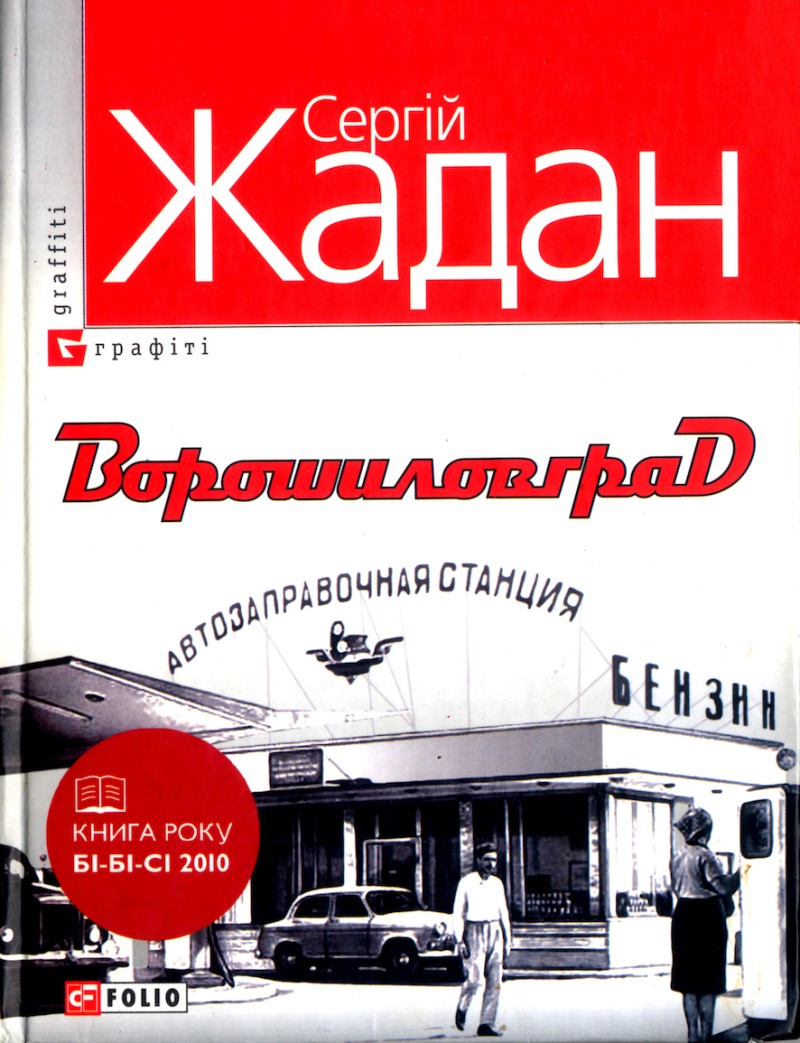

Laureate
This is a vibrant text, teeming with humor, full of inspiration and rife with improbable digressions, that breaks away from overly reassuring conventions with gusto. Indeed, to reflect a reality as complex as that of Ukraine in the period preceding the recent events, it was undoubtedly necessary to write a slightly “insane” book depicting a world of clans and pragmatic resourcefulness featuring all sorts of traffic and schemes, where codes replace official laws, where people must stick together and hang on for their lives, and where a thirst for freedom can replace religion.
But who really is this Guerman, usually called Guera, involved in an adventure that sends him around the country from one encounter to the next, from one mix-up to the next, and from one drunken binge to the next, all the way to the death of his old buddy Choura the Traumatized, on a black day of rotten luck in an abandoned aerodrome that corrupt locals are trying to requisition?
It all starts at 5am on a Thursday morning, with a telephone call from the elderly Kotcha announcing problems: Guera’s brother, in charge of all sorts of business, has left for Amsterdam, probably never to return. He’s abandoned his comrades who now have a gas station on their hands. Perhaps because he wants to return to the place of his youth, or because he’s tired of the administrative and political schemes that characterize his own daily life, Guera decides to go find out what’s amiss. This is the start of a long chain of mishaps, colorful characters, admirable women. Everything whirls together a maelstrom that is both luxurious and baroque, flamboyant and ramshackle. In these outer reaches, rubble piles up, people clash with each other, and individuals reinvent a new way of living together. For some of them, being a loser does not mean defeat, but rather an art of living.
Serhiy Jadan’s acute sense of observation and his ability to transfigure reality through the power of language makes La Route du Donbass a rare book, a vital necessity with a very original tone: a great novel depicting post-Soviet disorientation.
The winner of the Jan Michalski Prize 2014, Serhiy Jadan receives an award of CHF 50,000.00 and a photographic work by Maurice Schobinger that has been chosen for him: Metalurg Kombinat Chelyabinsk.
Biography
Born in 1974 in Starobilsk, in the mining regions of eastern Ukraine, Serhiy Jadan is an emblematic figure of the Maidan Square, the epicenter of the people’s revolution. One of his recent projects included dismantling Lenin’s statue in Kharkiv with a few friends. In this Russian-language city, this initiative sparked such tension that Serhiy Jadan was savagely beaten by pro-Russian militants during a demonstration on March 1st, 2014.
Serhiy Jadan has been publishing numerous texts and poems for many years. He also organizes music festivals and debates, and exercises other talents as a rock singer and a specialist in Ukrainian futurism (he wrote a thesis on the topic). La route du Donbass created a considerable sensation in Ukraine when it was first published there in 2010.
Selections

Vorochylovhrad
Proposed by Ilma Rakusa
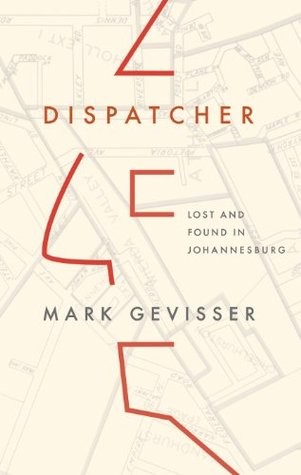
Dispatcher: Lost and Found in Johannesburg
Proposed by Isabel Hilton
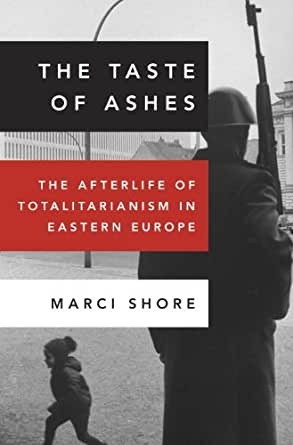
The Taste of Ashes: The Afterlife of Totalitarianism in Eastern Europe
Proposed by Ilma Rakusa

The Taste of Ashes: The Afterlife of Totalitarianism in Eastern Europe
Proposed by Ilma Rakusa

Dispatcher: Lost and Found in Johannesburg
Proposed by Isabel Hilton

Vorochylovhrad
Proposed by Ilma Rakusa
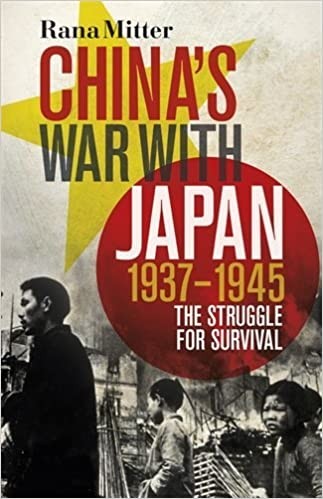
China’s War with Japan: The Struggle for Survival
Proposed by Isabel Hilton
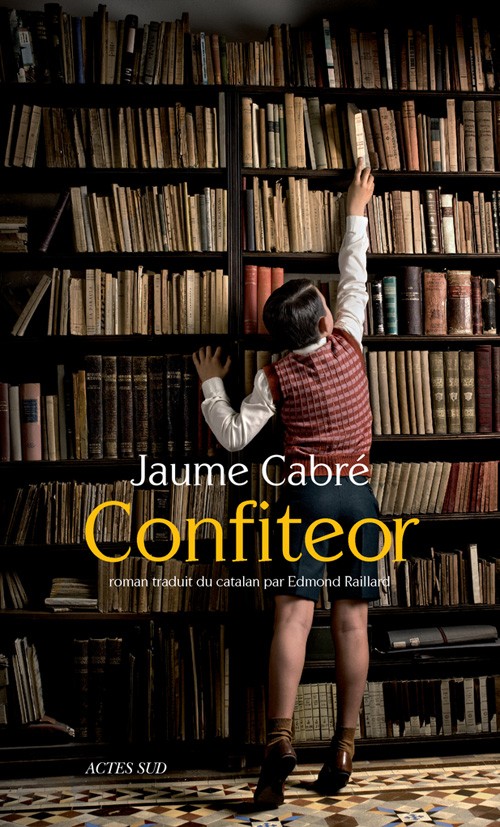
Confiteor
Proposed by Vera Michalski-Hoffmann

The Taste of Ashes: The Afterlife of Totalitarianism in Eastern Europe
Proposed by Ilma Rakusa

Dispatcher: Lost and Found in Johannesburg
Proposed by Isabel Hilton

Vorochylovhrad
Proposed by Ilma Rakusa

China’s War with Japan: The Struggle for Survival
Proposed by Isabel Hilton

Confiteor
Proposed by Vera Michalski-Hoffmann
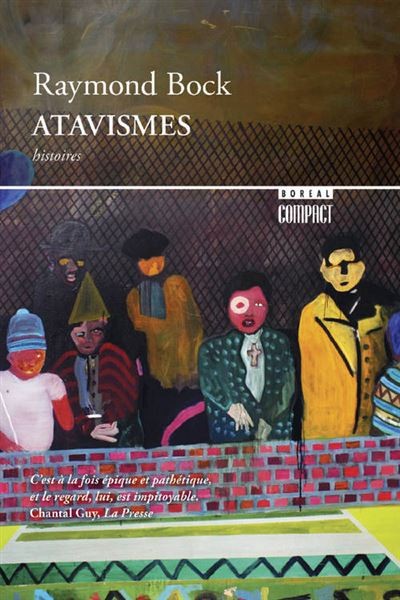
Atavismes
Proposed by Marek Bieńczyk
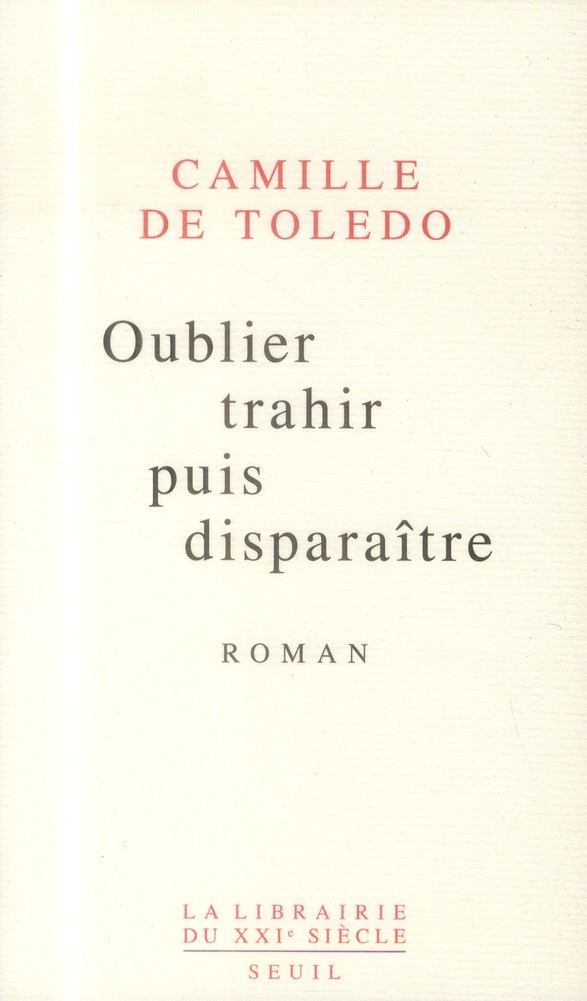
Oublier, trahir puis disparaître
Proposed by Yannick Haenel
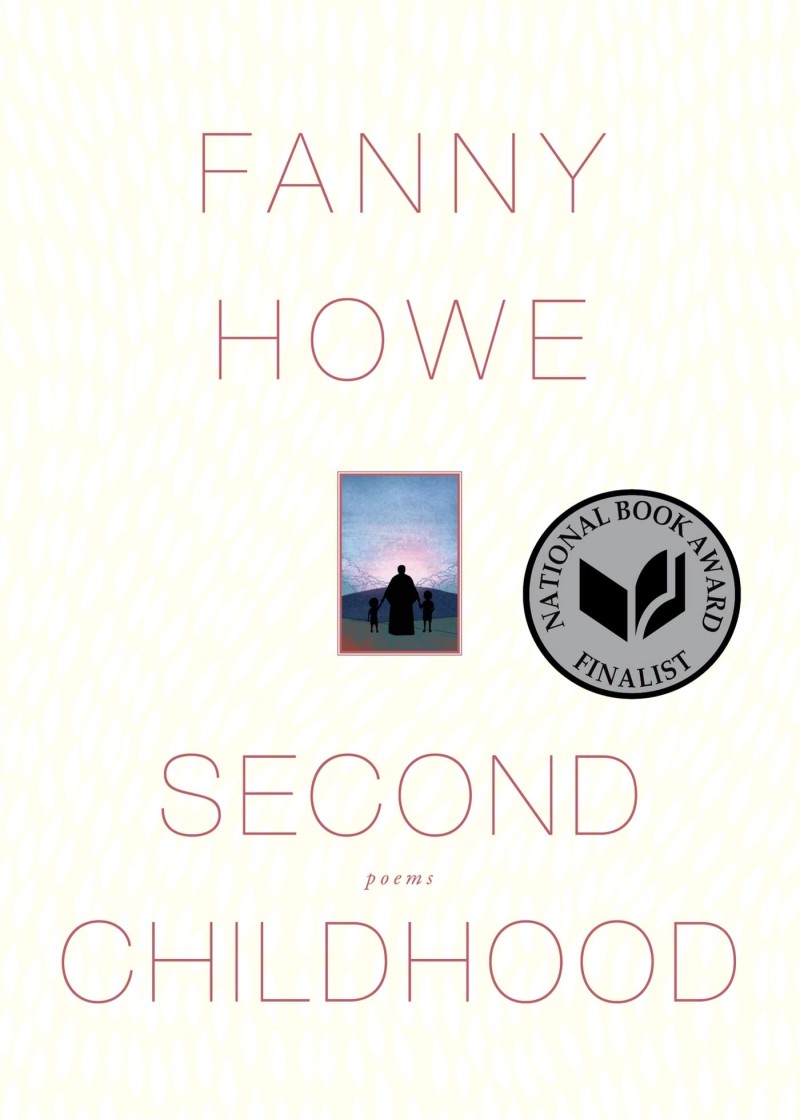
Second Childhood
Proposed by Ugo Rondinone
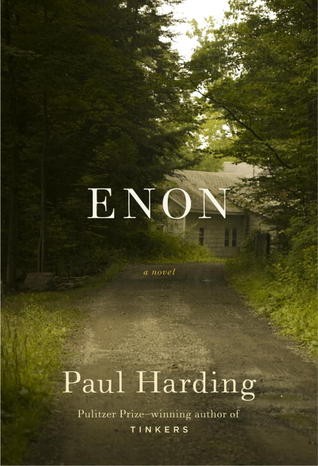
Enon
Proposed by Ugo Rondinone
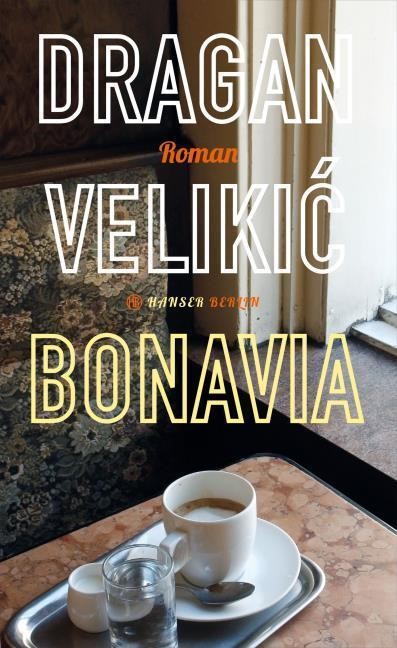
Bonavia
Proposed by Robert Menasse
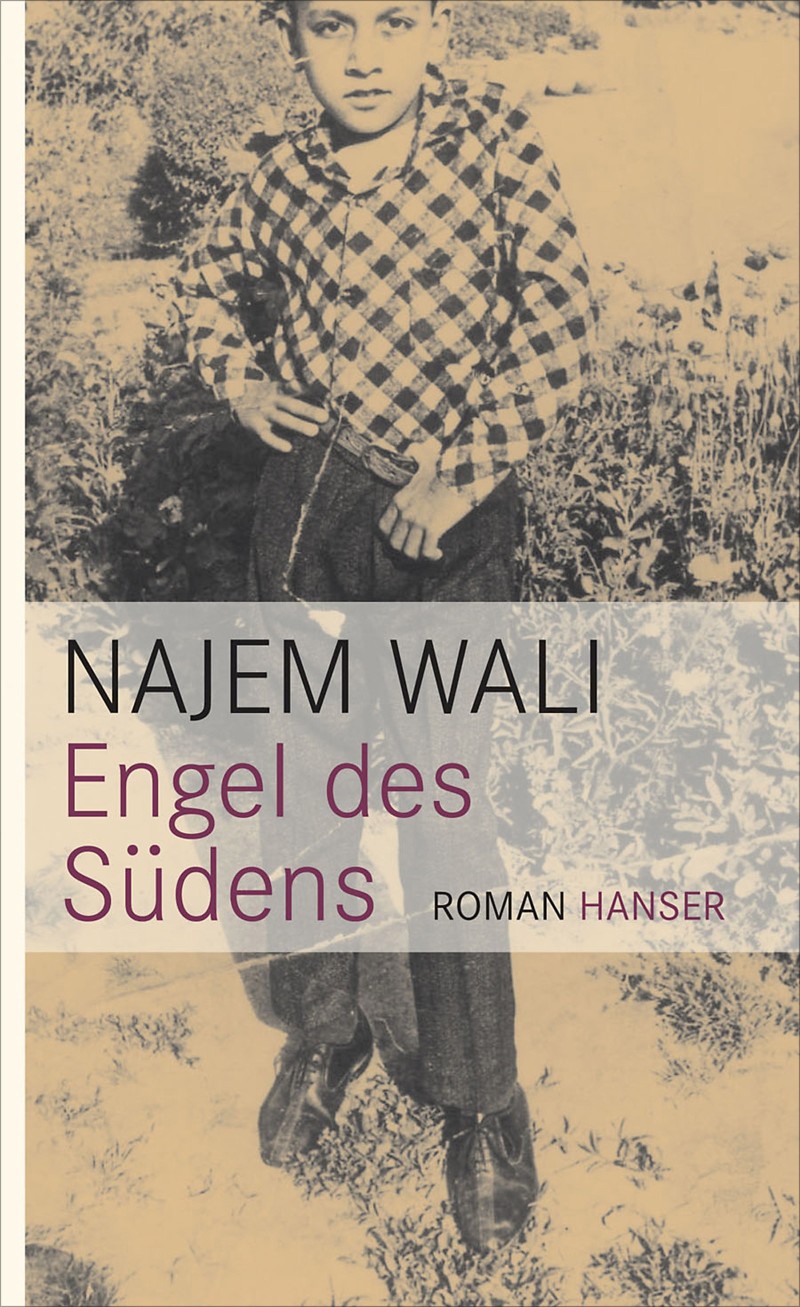
Engel des Südens
Proposed by Robert Menasse
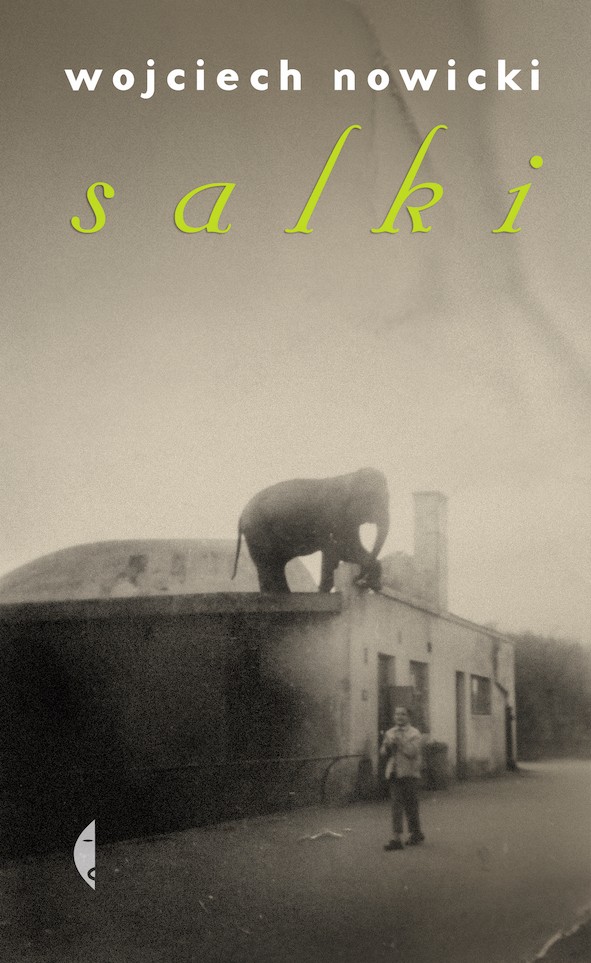
Salki
Proposed by Marek Bieńczyk
Jury
Vera Michalski-Hoffmann, President of the jury
A publisher, Vera Michalski-Hoffmann has devoted herself to the promotion of literature through the publishing group she founded with Jan Michalski. Starting in 1986, they published a wide range of authors, in French and Polish translations, through Noir sur Blanc, Buchet-Chastel, Phébus and Wydawnictwo Literackie. In 2004, Vera Michalski created the Fondation Jan Michalski pour l’écriture et la littérature to promote reading and provide support for writers.
Marek Bieńczyk
Marek Bieńczyk (born in 1956 in Milanówek, Poland), novelist, essayist, translator. His works include novels: Terminal, Tworki; a blend of a novel and an essay : Melancholy, Transparency ; and essays, Dürer’s Eyes, Wine Chronicles. He is a contributor to the magazine L’Atelier du roman. His books were translated into French, English, Spanish and German. He received many prizes, including, Paszport Polityki (1999), Władysław Reymont Prize (2000), Grand Prix du Festival Littératures du Monde (Bordeaux 2006), Grand Prix de la Francophonie de l’Académie française (2003), and most recently, the most prestigious Polish literary prize, Nike (2012) for his latest work, The Book of Faces. He is a member of the board of directors of the Polish PEN Club. He works at the Polish Academy of Sciences.
Yannick Haenel
The French writer and essayist, Yannick Haenel, is often inspired by history when writing his novels, in particular the one devoted to the life of a Polish resistance fighter, Jan Karski, which was awarded two prizes in 2009: Le Prix Interallié and le Prix du roman Fnac. He was made a Chevalier des Arts et des Lettres in January 2010.
Isabel Hilton
Born in 1949 in Aberdeen, the United Kingdom, Isabel Hilton is a writer and journalist based in London. Between 1973 and 1975, she studied Sinology at the University of Edinburgh, before going on to further her studies at the University of Languages and Cultures of Beijing and later at Fudan University of Shanghai. She has worked at several newspapers as a columnist, including The Sunday Times in 1977, The Independent in 1986, and The Guardian in 1997. The host of The World Tonight on BBC Radio 4 between 1995 and 1998, she joined BBC Radio 3 in 1999, where she has presented Night Waves. She published her first book, The Search for the Panchen Lama, in 1999. She is also the founder and editor-in-chief of China Dialogue, an independent not-for-profit organization.
Robert Menasse
Robert Menasse, born in 1954 in Vienna, is an Austrian writer, translator and essayist. His work is essentially composed of novels and essays on Austrian culture (such as Erklär mir Österreich and Schubumkehr), but also of children’s books (such as Der mächtigste Mann). Very concerned about the cultural and political developments in his country, he regularly publishes his opinions in the press. Amongst others, he received in 1991 the Doderer Prize for La pitoyable histoire de Leo Singer, in 1998 the National Austrian Essay Prize, and in 2007 the Amphi Prize for Chassés de l’enfer.
Ugo Rondinone
The Swiss artist Ugo Rondinone was born in Brunnen in 1964, and studied at the Hochschule für Angewandte Kunst in Vienna. He is a mixed-media artist and his work includes paintings, sculptures, photographs, graphic work as well as videos and sound. In 2007 he represented Switzerland at the Venice Biennale. Ugo Rondinone’s works are in the collections of the “New Museum of Contemporary Art” in New York, among others. He exhibits widely across Europe as well as in the United States.
Ilma Rakusa
The writer and translator Ilma Rakusa was born in 1946 in Slovakia. She was raised in Budapest, Ljubljana and Trieste, and studied Slavic languages and Romance literature in Zurich. Since 1977 she has written several books of poetry, stories and essays in German. Some of these were awarded a prize, for example the prestigious Adalbert Chamisso Prize. Mehr Meer won the Schweizer Buchpreis in 2009. Ilma Rakusa translates from French, Russian and Hungarian and also works as a journalist for the NZZ and Die Zeit.

